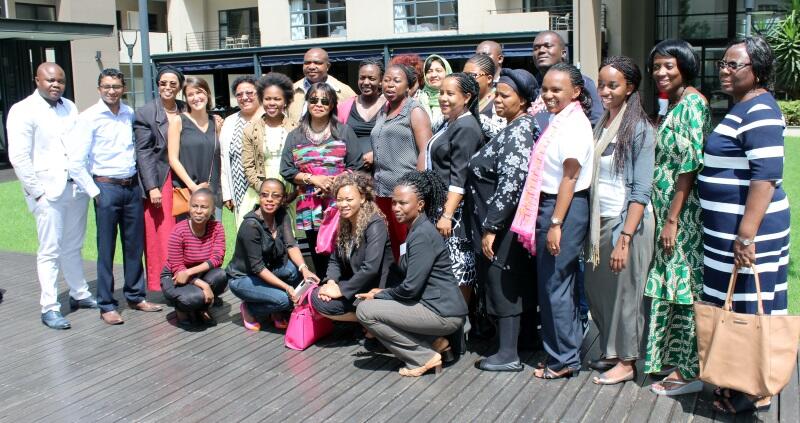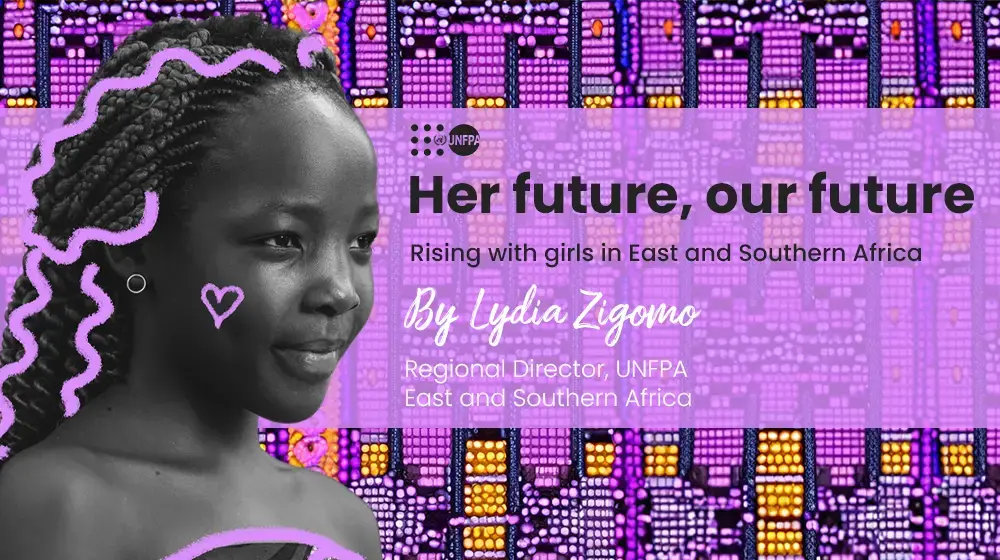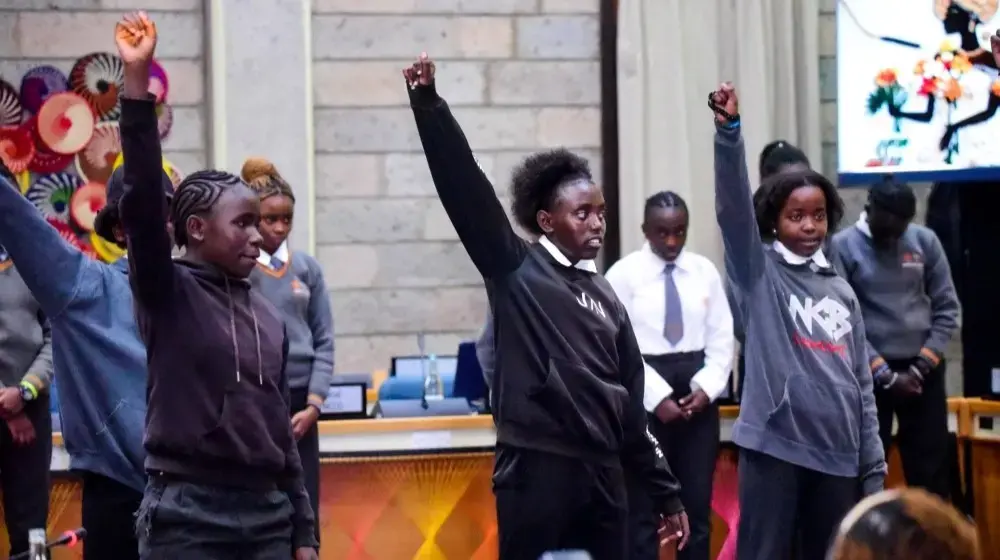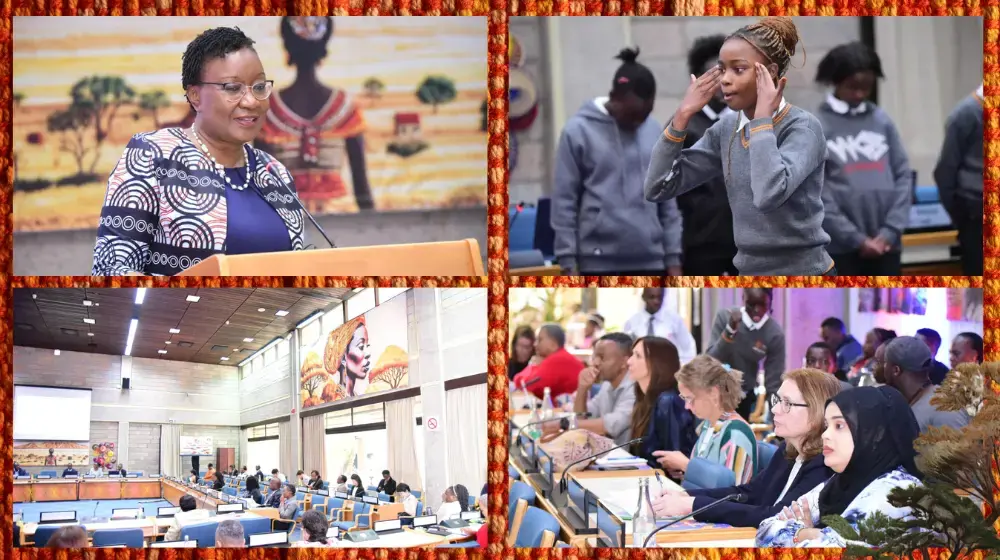Happiness was 12 when it was decided she was old enough to marry. Her parents, from the Mara Region of Tanzania, pulled her out of her school, planning to have her undergo female genital mutilation (FGM) and then marry her off to a man of their choosing. But Happiness took a stand.
She fled and took refuge at the UNFPA-supported Masanga Centre, where the caretakers managed to convince her parents to allow her to return to school so that she could resume her education. She continues to live at the centre and wants other girls in her situation to have the same kind of support.
Stories like Happiness’s are all too common. Child marriage is widespread across Southern Africa, where about one out of four girls is married before her 18th birthday, with dire consequences on the health, rights, education and empowerment of not only girls and women in the region, but also of their communities and their entire countries.
This is why a regional model law on child marriage is being developed for adoption by the Southern African Development Community’s Parliamentary Forum (SADC-PF) with the support of UNFPA ESARO, Girls Not Brides: The Global Partnership to End Child Marriage, Plan International and the Southern African Litigation Centre (SALC).
Background to the model law
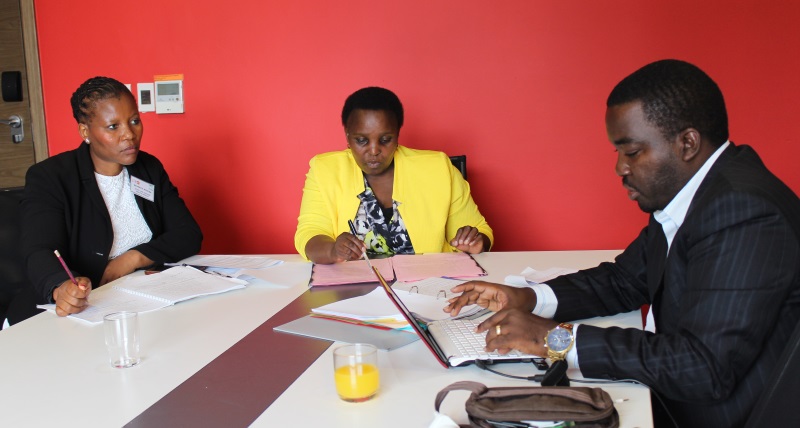
© UNFPA / Lindsay Barnes
The process to develop the model law on child marriage started in 2014. It provides guidance to legislators and policymakers in SADC member states on how to eradicate child marriage and protect those already in marriage. This inspirational law has best practice provisions that can be adopted as is by member states or adapted to fit their existing laws.
The establishment and effective enforcement of a robust legal and policy framework for preventing child marriage and supporting married girls ranks high among the solutions commonly identified to address child marriage effectively.
The ultimate aim is that national laws are harmonized and without loopholes, so as to prevent child marriage.
Civil society provides important input
Last week, 30 representatives of civil society organizations (CSOs) working to end child marriage in SADC countries gathered to review the draft model law in Johannesburg, South Africa. They provided their expertise and perspectives, with an emphasis on measures and interventions to prevent and mitigate the effects of child marriage, access to data and information, and monitoring and evaluation. This led to concrete recommendations for the SADC PF to consider in the finalization of the Model Law.
Legal drafters
Also in Johannesburg this week, the CSOs’ input was presented to legal drafters from SADC Member States, who spent four days evaluating the efficacy of the model law at a working session prior to its adoption by the SADC PF. The aim was to remove any ‘rough edges’ from the draft Model Law to enable it to sail through the SADC PF Plenary Assembly Session and be accepted by national parliaments.
The final draft model law will be presented for adoption at the SADC PF 39th Plenary Assembly Session, to be held in Swaziland in June 2016.

